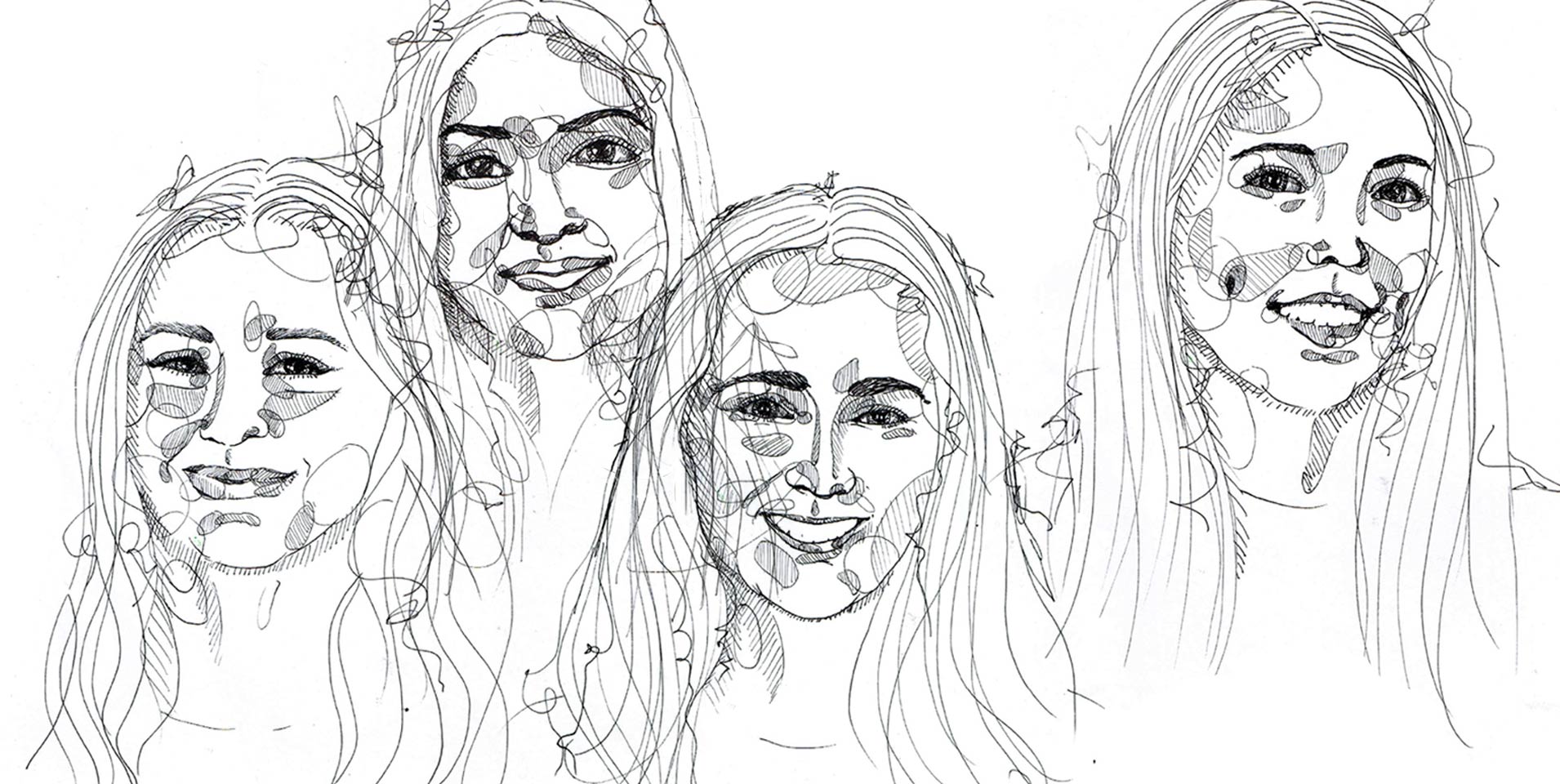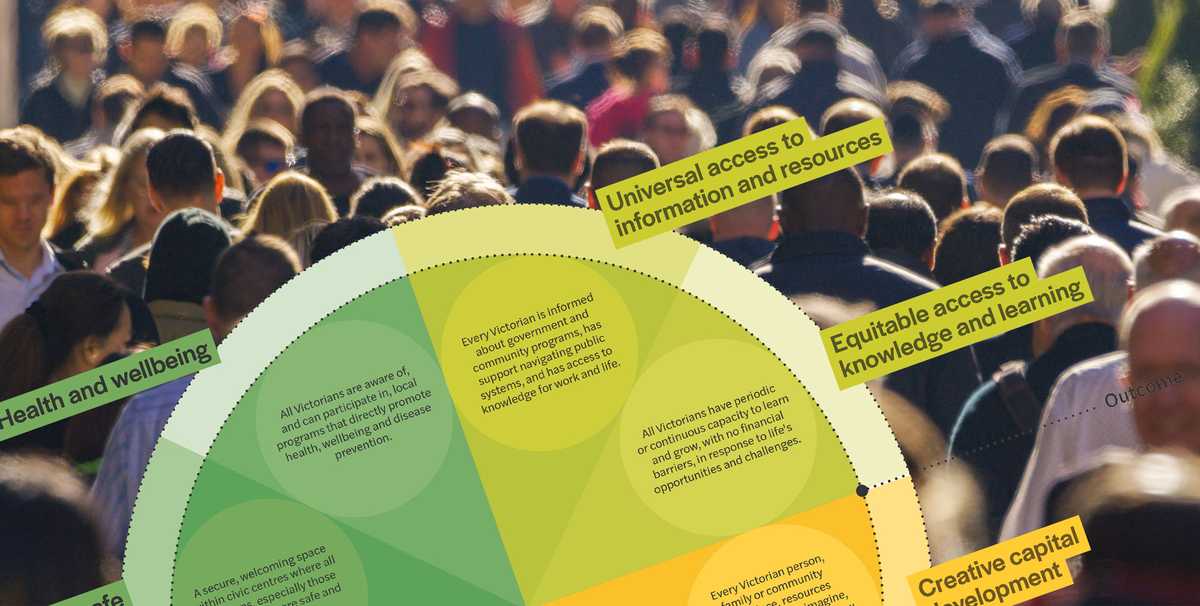
As a workplace committed to creating a more mentally healthy Australia, we know how important it is to normalise conversations around mental health. When we talk about mental health, we help tear down the stigma regularly associated with it.
So, to help bring the discussion of mental health to the forefront, some of our staff are sharing tips on how they manage their mental health, stay connected during the pandemic and check in on loved ones.
Read on to see what they had to say.
Chatting with Andrea – Senior Consultant:
If you are feeling down, anxious and/or overwhelmed, what do you do to look after yourself?
I do what I would for anyone else feeling that way: I shower myself with love and kindness. It’s funny how easy it is for us to give ourselves special treatment, often unfair treatment, with questions like: “Why do I feel like this?!” and “What’s wrong with me?!” I try to overcome this by recognising the role emotions play, and by remembering that I am not my emotions. Rather, they are a part of me – an important and valuable part. And I can care for, respect and nurture my emotions in the same way I would other people’s.
So, the first thing I do is acknowledge those feelings – whether they be anxiety, overwhelm, stress, sadness, concern, disappointment, shame, blame or guilt. Allowing myself to feel whatever I’m feeling, and not judging myself for feeling this way. Then it’s about engaging in dialogue with them; really getting curious and asking, “Where does this emotion originate from?” to recognise the underlying reason for why I am feeling this way. Emotions are there for a reason! And when you can appreciate them as pieces of ‘body wisdom’, it’s much easier to show yourself compassion.
This ’emotional dialogue’ may occur via any mode of expression – whether it be journalling, meditation (internal conversation), whacking a pillow, or moping to a series of sad love songs (I have a great “all the feels” Spotify playlist if anyone is interested). What’s important is giving my emotions the space to come up, rather than burying them or pushing them away. But it’s also important to note the distinction between feeling and acting. We can hold our emotions and choose how to respond to them, in any given moment.
At the end of the day, for me, it comes down to awareness, acceptance, understanding and expression:
Seeing my emotions for what they are; they are a part of me, not me in my entirety, and this creates the space for me to choose how I respond.
Recognising their value; this allows me to approach them with curiosity, rather than judgment.
Really listening to understand what they are trying to tell me; making it easier for me to forgive, love and nurture myself.
Feeling what I need to feel; and this usually causes my emotions to dissipate, as they feel seen, heard and valid – in effect giving myself what I truly need.
Being socially connected to people we care about has a major impact on our mental health. What has helped you stay connected with family and friends throughout the pandemic?
1) Scheduling regular catch-ups with close friends on a daily basis; this has been like a life ring during lockdown. To know that every morning, without fail, I have a friend to talk to, gives me an exceptional amount of peace and freedom to feel. Even when the need isn’t present in my conscious mind, pre-organised meetings satisfy my cravings for human interaction and certainty that support exists. Some days all we need is a 5-minute check-in; on hard days this could turn into a 2-hour rant. But having this special container – a safe space, scheduled time – within which to connect and give each other exactly what we need, without any expectation other than to simply show up, is invaluable.
2) Another ritual I’ve found especially nourishing (in more ways than one!) is a weekly dinner over Zoom. There’s nothing like connecting with people over food. And even though there’s nothing like going out for dinner, going ‘in’ is better than no friend or family dinner at all.
3) And last, but definitely not least, is sending voice notes instead of text messages. The impact of this cannot be understated. We all know what it’s like to hear the sound of someone’s voice who you love. And with lockdown already reducing the extent of sensory stimuli we have available, it’s up to us to maximise our opportunities for absorption and engagement. Everyone loves a story, and there’s something special about it coming from the mouth of the storyteller.
What advice would you give to someone who is wanting to check in on a loved one and start a conversation about mental health?
Don’t try to “fix” them. Simply let them know that whatever they are feeling is absolutely valid and fair enough; then let them know there is space for them to talk if they ever wanted to. Shower them with love and kindness, not pity or concern. Let them know how much they mean to you. And be vulnerable yourself, so they feel comfortable enough to open up to you.
Chatting with Bethany – Consultant:
If you are feeling down, anxious and/or overwhelmed, what do you do to look after yourself?
I try to listen to my body and do what it feels like doing – rather than keep pushing through. That might be exercise if I’m feeling stressed or anxious, or lying in bed with some tea if I’m feeling sad. I’m also a verbal processor, so I find writing hugely helpful for gaining perspective when emotions are overwhelming.
Being socially connected to people we care about has a major impact on our mental health. What has helped you stay connected with family and friends throughout the pandemic?
Technology. Zoom, Facetime and phone calls. Thinking a step before that – I’ve tried to be really proactive with calling people if I am feeling lonely or disconnected. I’m really lucky to have housemates and a partner to see in person as well.
What advice would you give to someone who is wanting to check in on a loved one and start a conversation about mental health?
I’m usually very direct about this, and just ask them how their mental health is! If you think the person might be experiencing a mental health challenge, but it’s hard to tell or they don’t seem like they want to talk, let them know what you’ve observed (gently) and why you’re asking. I think it’s always worth being patient and persistent with people.
If they do tell you they’re struggling, I think my best advice would be to a) listen, b) ask them how you can help, and c) ask them if they’d consider going to see a professional (therapy/mental health support is the best, and it’s worth doing even if the issue seems minor).
Chatting with Federica – Consultant:
If you are feeling down, anxious and/or overwhelmed, what do you do to look after yourself?
When I’m feeling anxious or overwhelmed, I often talk to people. It’s very cathartic and it helps me get it all out of my system. I love a quote that goes something like “you have five minutes to wallow in sadness, enjoy it, embrace it, and move on”. I always try to use this as a mantra to keep things in perspective.
Being socially connected to people we care about has a major impact on our mental health. What has helped you stay connected with family and friends throughout the pandemic?
This is a very new and odd feeling for me; as an introvert, I find it reinvigorating to spend time alone. However, after almost a year in lockdown, I’ve been craving social interaction more than ever! I have come to love endless WhatsApp video calls with my family and friends in Italy as well as playing games like trivia or Drawful with my friends online (that’s actually a lot of fun and a great way to stay connected).
What advice would you give to someone who is wanting to check in on a loved one and start a conversation about mental health?
As part of my culture – or at least my social bubble – my loved ones and I are very comfortable talking about mental health and sharing big or small problems with each other. I believe that asking simple questions, such as ‘are you ok?’ (with the intention and meaning to actively listen to the answers), is the best way to give space to others to open up.
Chatting with Rhythma – Associate Consultant:
If you are feeling down, anxious and/or overwhelmed, what do you do to look after yourself?
It really depends on how severely I’m feeling these emotions. Sometimes just going on a long walk with some gelato fixes everything, or engaging in a more creative activity like attempting a new recipe or painting can help. Guided meditations are also a big go-to, they can get me through the most challenging times.
Being socially connected to people we care about has a major impact on our mental health. What has helped you stay connected with family and friends throughout the pandemic?
With all my family and most friends being overseas, this has been especially difficult over the past two years. Thanks to 21st-century technology, the distance is easier to manage with regular FaceTime calls keeping us connected. There were even a few postcards and letters exchanged to switch things up!
What advice would you give to someone who is wanting to check in on a loved one and start a conversation about mental health?
We can often sense when a loved one is suffering. It’s so important not to ignore that intuition and to reach out to them, even if it’s just a quick text. Maybe they won’t respond, but maybe they will – and letting your conversation flow naturally from there is likely one of the best ways that you can be there for them.

